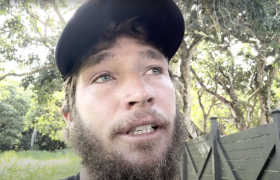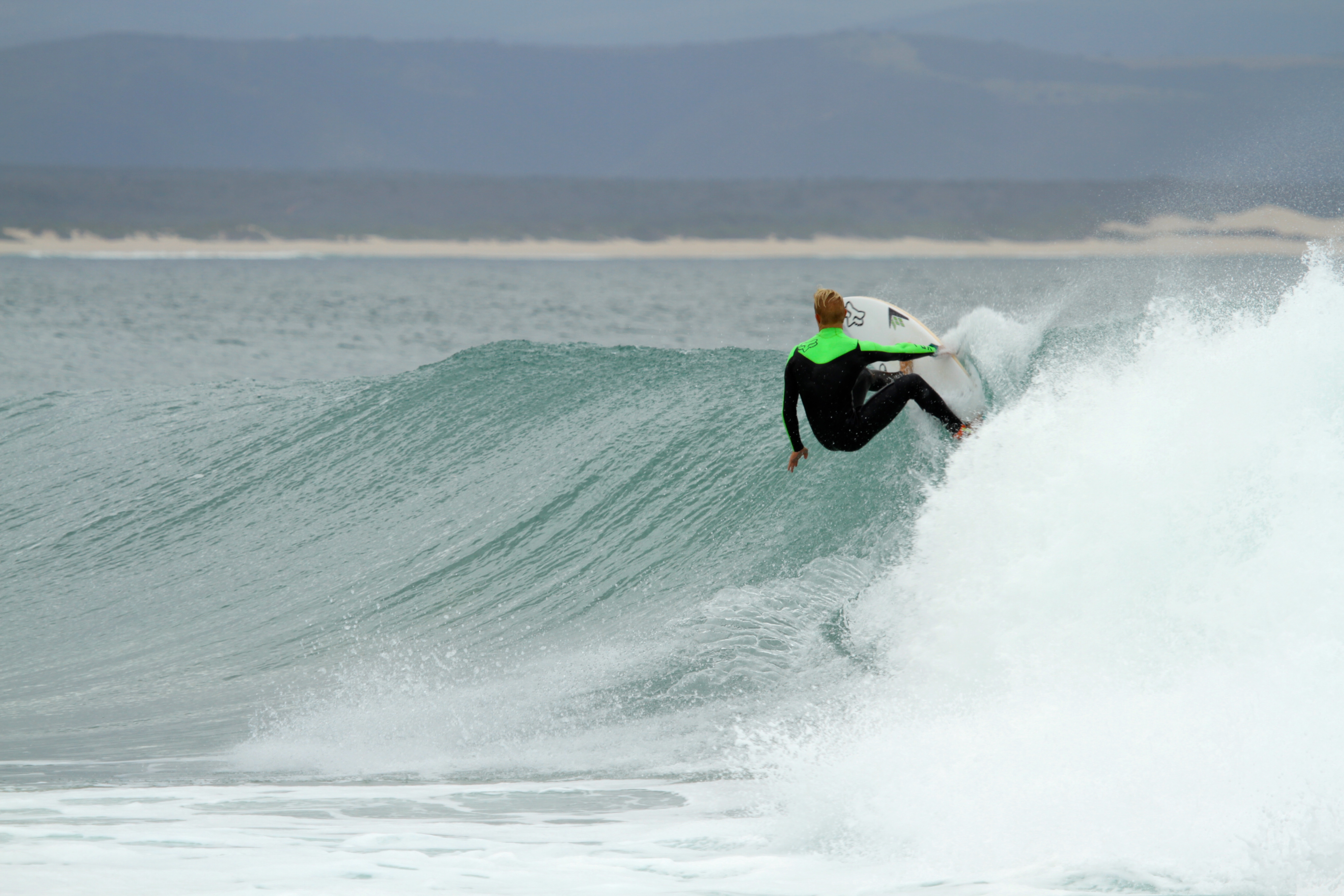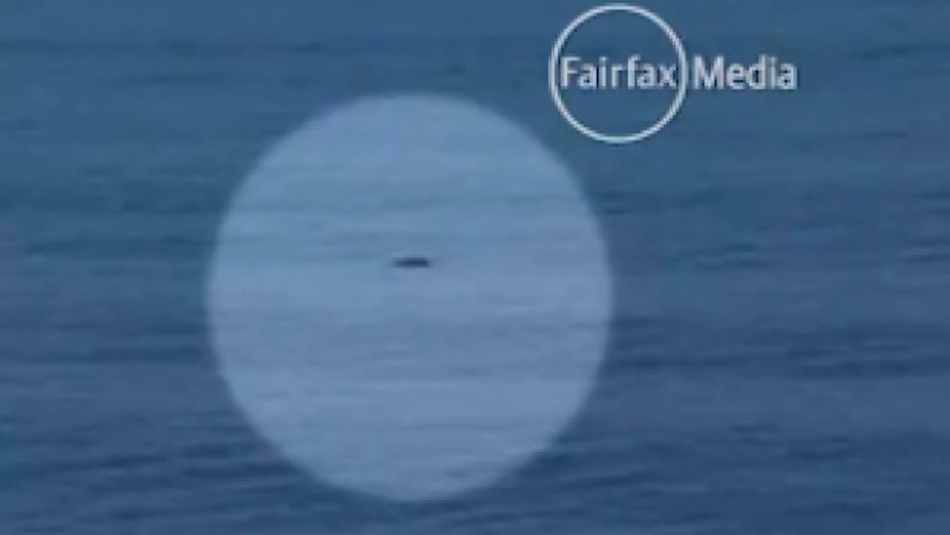The heavy weight champion of surf writing speaks.
William Finnegan is the World Heavyweight Champion of surf writing. He’s held the title since 1992, when his story, “Playing Doc’s Games” arrived in two sequential issues of the mighty New Yorker, where he’s been a staff writer since ’84.
A considerable talent in the water, “Playing Doc’s Games” is Finnegan’s love letter to San Francisco, and to surfing’s bygone era of committed individualism, as seen through the eyes of world-class weirdo and big wave adventurer, Doc Renneker.
It’s also a sprawling, dense, lush 35,000-word triumph, resolved by one of the most gorgeous passages I’ve ever read—in The New Yorker, or elsewhere—exploring Finnegan’s feelings about a photo that hangs on his Manhattan office wall, of him “half crouched inside a slate-gray barrel off Noriega Street, Ocean Beach.”
Bill is clearly visible in the shot. Had the photographer waited to drop the hammer a fraction of a second longer, Bill would have been hidden from view, fully slotted.
“That’s the shot I covet,” Finnegan writes: “The wave alone, with the knowledge that I am in there, drawing a high line behind the thick, pouring, silver-beaded curtain. That invisible passage, not this moment of anticipation, was the heart of the ride. But pictures are not about what a ride felt like; they are about what it looked like to others. This picture shows a dark sea; my memory of that wave is drenched with silver light. That’s because I was looking south while I navigated its depths, and as I slipped through its brilliant almond eye back into the world.”
Last month Finnegan published his memoir, Barbarian Days: A Surfing Life, built around the original New Yorker piece. The book chronicles Finnegan’s relationship to surfing from adolescence through adult- and fatherhood. And while it isn’t quite the epiphany that “Playing Doc’s Games” was, it’s the best chance we’ve got at a book about surfing finding a more general audience.
Yesterday, Finnegan sat down with NPR’s Morning Edition to discuss his life not as a New Yorker staffer, but as Surfer. Here are a few of the interview’s nuggets:
On chasing perfect waves: “I think I and a lot of my friends had our career goals seriously warped by [Endless Summer]. I didn’t really even think about it. It just sort of felt mandatory. I’d have to go looking for waves.”
On perfection: “Perfect is a terrible word, actually. Surfers have kind of a perfection fetish. “And it was perfect!”Waves are not stationary objects in nature. They’re not diamonds or roses or something that you just look at. They’re the end of a long process, it’s an explosion across a reef and wind, tide, everything affects every wave.”
On finding Tavarua after four years of searching: “I was on a yacht that had some surfers also looking for waves, some Australians. And I heard, or one of those guys overheard, broadcasts between two other boats — something about a perfect 300 yard left. And we searched and searched and got quite lucky. I mean the fishermen we got to take us across the channel to this little uninhabited island — they had never seen a surfboard before. They didn’t believe that we could stand up on them — they thought they were airplane wings. And so it was really a sort of the dawn of discovery of that place, which is now one of the most famous waves in the world.”
On getting old: “I mean it’s horrifying to lose your quickness and strength. But, I think I’ve gained an appreciation of, you know, a good day in the water. I mean, I think when I was younger, it was easier to take it for granted that it would go on forever. You know as you get older you know it’s not going to go on forever.”
You can listen to the entire interview here (and shit if his
voice isn’t as handsome as his prose).







